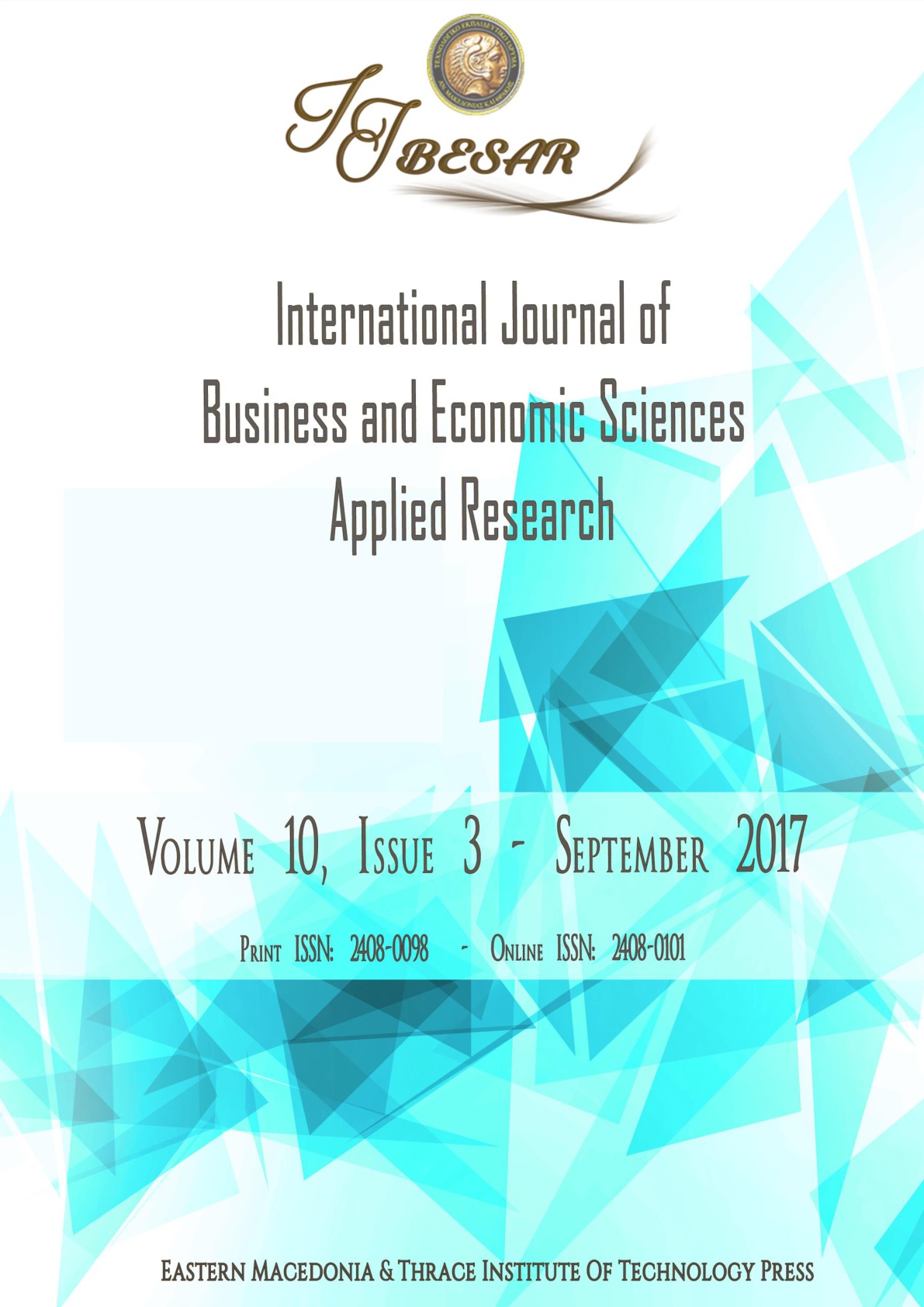Smart work: The transformation of the labour market due to the fourth industrial revolution (I4.0)
Smart work: The transformation of the labour market due to the fourth industrial revolution (I4.0)
Author(s): Birgit Eberhard, Mickael Podio, Azucena Pérez Alonso, Evita Radovica, Lidija Avotina, Liga Peiseniece, Maria Caamaño Sendon, Alison Gonzales Lozano, Joan Solé-PlaSubject(s): Business Economy / Management, Labor relations, Higher Education , Financial Markets, Human Resources in Economy
Published by: Τεχνολογικό Εκπαιδευτικό Ίδρυμα Ανατολικής Μακεδονίας και Θράκης
Keywords: Smart Work; Digitalization; Employment Market; Job Skills; Workforce Strategy; Industry 4.0.;
Summary/Abstract: Purpose: This article explores how the fourth industrial revolution is transforming the labour market by demanding new professional skills and by digitalizing jobs done by the human resources of companies. A further aim is to postulate on new professions which will, in the future, be in high demand and the skills that will be required to fulfill those job nonrobotized profiles. Design/methodology/approach: The proposed methodology is, firstly, an analysis of the impact of digitalization on the labor market in those economies experiencing the digital revolution. Secondly, an expert survey of university professors is conducted and curricula of universities are evaluated in order to analyze if higher education institutions are aware of future digital trends and what measures and teaching methods professors use to prepare their students to encounter these trends. . Findings: Based on the results, future jobs of highly demand will be described, as will the skill sets needed to fulfill those jobs. Furthermore, a call of action to the higher education sector will be made to encourage universities to prepare future graduates for a new labor market reality. Research limitations/implications: The results of the research are expected to serve as a reflection on how the digital revolution is transforming the labor market and how universities can support students in order to enhance their employability. Conversely, an analysis of jobs that are expected to be in demand in the near future – new occupations will appear and some will slowly disappear as they become automated – will encourage students to better prepare themselves for their professional careers and give them a clearer perspective about the labor market they will work in, upon completion of their education. Originality/value: The skills portfolio, introduced by the authors of the present article, shall support universities and professors with future adaptations.
Journal: International Journal of Business and Economic Sciences Applied Research (IJBESAR)
- Issue Year: 10/2017
- Issue No: 3
- Page Range: 47-66
- Page Count: 20
- Language: English

